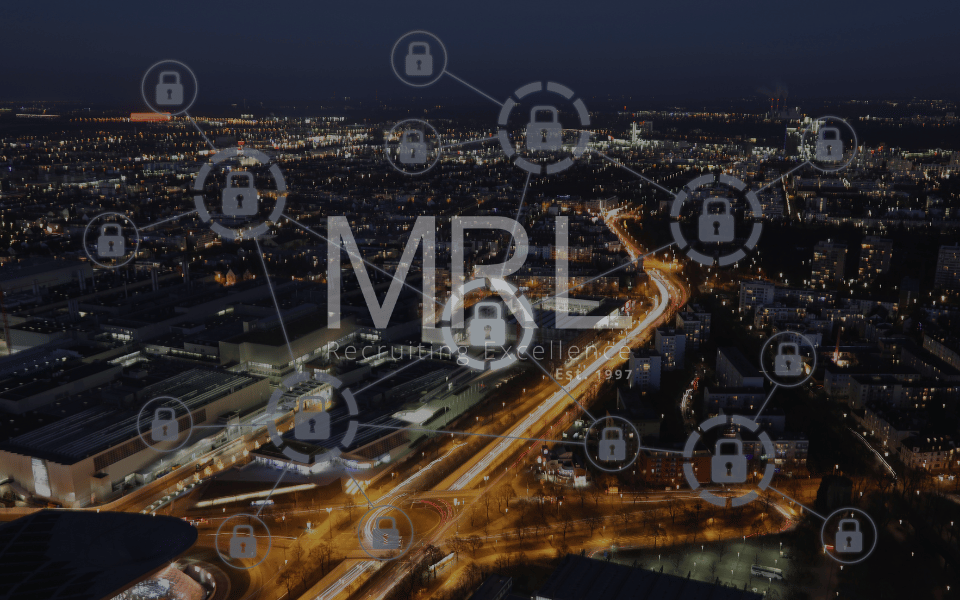
Cybersecurity in the Automotive Industry: Safeguarding Future Vehicles
31 Oct, 20245 minsCybersecurity is one of the greatest concerns for businesses globally. As of September 2024,...

Cybersecurity is one of the greatest concerns for businesses globally. As of September 2024, the total cost of cybercrime to the UK economy is estimated to be £27 billion per year. Globally, that figure jumps up to an estimated $10.5 trillion by 2025. This is in part due to the fact that technology is playing an ever-larger role in our everyday lives. Including in our vehicles. Connected vehicles are already widely in circulation, feeding GPS, Bluetooth, wi-fi, and active safety systems. And the reliance on technology in our cars and other vehicles is steadily increasing. So, what is the automotive industry doing to help address the problem and safeguard the vehicles of the future?
Cybersecurity and the Automotive Industry
What are the cybersecurity problems being faced by the automotive industry?
The more technology is used in vehicles, the more vulnerable they become to cybercrime. At the moment, there are three main threats to connected vehicles:
Hacking – As with all connected devices, vehicles are vulnerable to software hacking. While most of us associate hacking with financial risk and the potential loss of sensitive data, in automotives, it carries even greater danger. When a hacker accesses vehicle software, they can control its core functions, including steering, acceleration, and braking.
Data breaches – Cars may not contain a huge amount of personal data, but they can transmit a lot of tracking data. This can expose owners to stalking and targeted theft.
Malware and Denial of Service (DoS) – Malware can infect any connected device. In a vehicle, it can be used to change key controls, or even corrupt integral systems, essentially incapacitating the vehicle. A DoS attack can do more or less the same by blocking communication networks to prevent the flow of information essential to keeping the system running.
What is the automotive industry doing to tackle the threat of cybercrime?
Cybercrime in the automotive industry is being addressed on a couple of different fronts.
Regulatory compliance
Every country has its own regulatory compliance standards, but most are now beginning to look at vehicle cybersecurity. There’s the EU’s Cyber Resilience Act. China’s GB/T 40861-2021 standard. The EU, UK, Japan, and South Korea are all signed up to UNECE WP.29, which includes a focus on managing cyber risks. So, the spotlight is already very much on the issue.
Technological strategies
As with every other technology-based industry, the automotive sector is currently investing heavily in finding ways to reduce and avoid the current cybersecurity threats. These include:
Software development – By embedding security features into the foundations of vehicle software, companies are making it easier to manage threats as they arise. Manufacturers are also investing more in software testing and software updates, including over-the-air (OTA) updates. These enable manufacturers to remotely deploy security patches and updates so threats can be dealt with quickly.
Network segmentation – Until very recently, connected vehicles have been built around broadly connected systems. Developers are moving more into network segmentation to ensure that a breach of one area of a vehicle’s system cannot lead to a total system breach. When combined with intrusion detection systems designed to provide early alerts for any uninvited activity, this should significantly reduce the potential for catastrophic cybercrime events.
Data encryption – By onboarding data encryption systems, manufacturers are making it harder for connected vehicles to be tracked. And for their data to be intercepted.
There are challenging times ahead for cybersecurity in the automotive industry. With the advancement of artificial intelligence (AI), the hackers are beginning to keep pace with the strategies to deter them. But there’s significant investment happening in the field. And a lot of opportunity for anyone with the right cyber skills to move into the automotive area.
Are you looking for a new challenge in the automotive sector? Get in touch with MRL.




